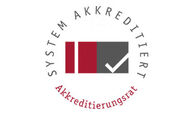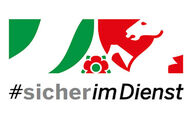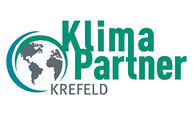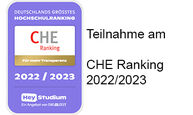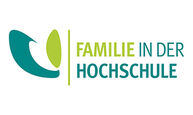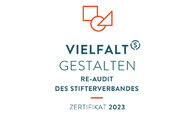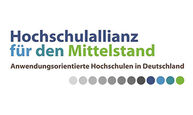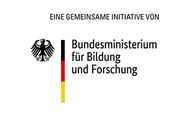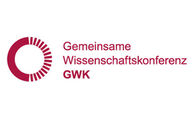The Ethics Committee acts on applications from scientists at The Hochschule Niederrhein. To ensure a smooth and quick review of your research project, please note the following steps:
1. check responsibility and exclusion criteria
Before submitting your application, please make sure that your project falls within the remit of the Ethics Committee.
2. prepare application documents
Applications must be submitted digitally using the application form provided or recommended by the Ethics Committee, which can be found under Downloads. Your application must be complete and contain the following information:
- A detailed description of the research project,
- a description of the ethical and data protection aspects and
- a declaration of consent from the test subjects.
- Planned research instruments (questionnaires, interview guidelines, etc.)
Important for students: Applications from students may only be submitted by the respective supervising teacher.
3. procedure after submission
The office of the Ethics Committee is the central point of contact for your application.
4. decision and re-registration
The Ethics Committee adopts one of the following resolutions:
- Approval of the application,
- recommendation of reworking or amendments, or
- rejection of the application.
You will be informed of the committee's decision in text form.
In the event of rejection: In the event of rejection, the decision is justified and the application may be revised and resubmitted.
Request for re-examination: The applicant may request a reasoned re-examination of the application within two weeks of notification of the decision. The Commission will then decide on the application after reconsideration. There is no formal right of appeal beyond this.
No fees are charged for the examination of research projects by the Ethics Committee.



